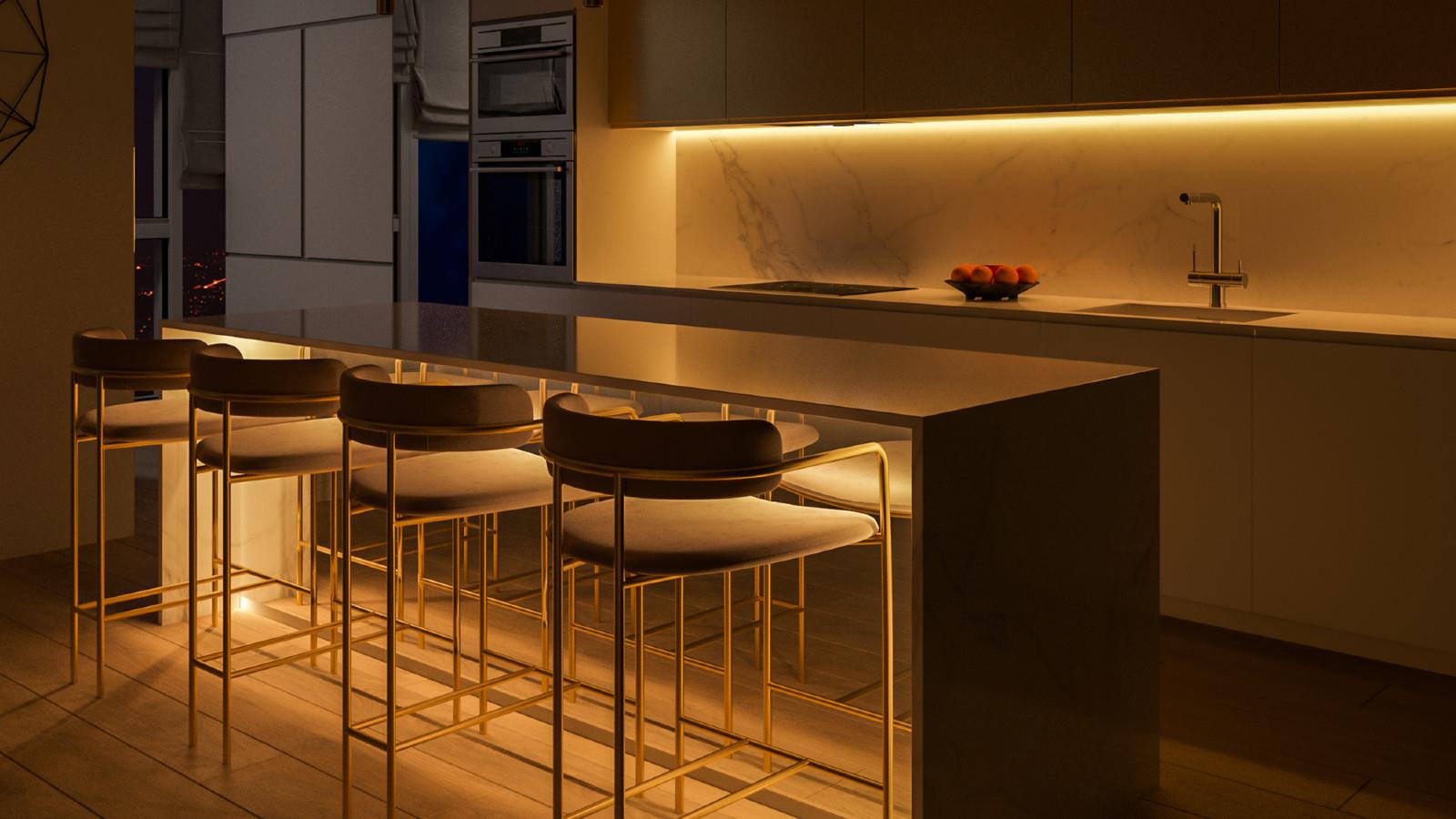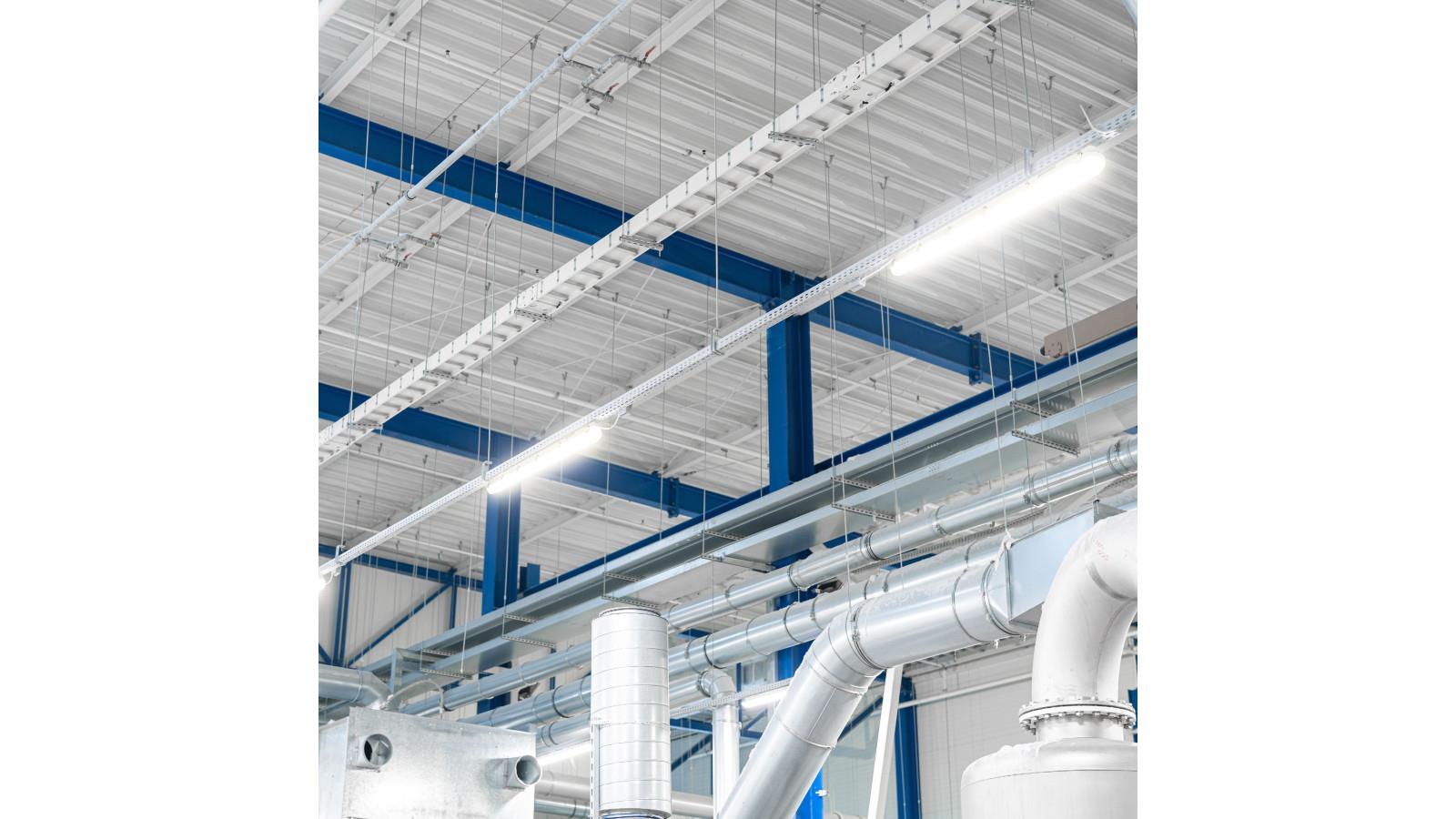In the world of dynamic technologies, we have seen the emergence of smart devices and the benefits they can bring. In the lighting industry, the advent of smart lighting technology has similarly brought about convenience and energy saving in many homes.
However, smart lighting is yet to make headway in the trading world. Perhaps this is partly due to merchants perceiving it as a luxury rather than as essential. Here, we explain why smart lighting should be recognised as the necessity it is.
Energy efficiency
In any commercial setup, simply dimming the lights can cut lighting expenses by up to 40% on average, also extending the lifespan of the bulb by 20 times. However, using smart lighting in a commercial setup realises savings on a bigger scale, as lighting contributes to about 38% of total energy output. Meanwhile, the use of daylight harvesting (automatic adjustment of lights when there is sufficient daylight) allows you to save up to 60% on energy costs.
Effective working space
Favourable illumination in a working environment has been proven to boost productivity. Merchants themselves can benefit from adjusting their lighting in a branch accordingly, as efficiency is vital. Using controllers with your lights will help you to make the necessary adjustments to be able to focus, without straining in environments that are either too dark or too bright.
Popular controls
The most popular types of smart controls include dimmers, occupancy sensors, daylight sensors and lighting control systems.
Compatible with the majority of dimmable LED lamps, dimmers simply adjust light levels form very bright to near dark. Dimming lights will automatically reduce energy usage by about 4 to 9%.
Meanwhile, occupancy sensors automatically dim or switch lights on when an area is occupied, and turn them off when no motion is detected for a preset amount of time. Using these sensors can create approximately 35 to 45% of energy savings.
Daylight sensors harness natural light to offset electrical lighting loads. With correct implementation and design, day lighting can drastically lower energy consumption, operating and investment costs.
Last but not least, lighting control systems are the ultimate lighting energy cost control system. They involve adjusting, automating and monitoring the light source on a centralised control system.
A greener life
In summary, it would be highly beneficial for merchants to sell smart lighting technology by promoting its various benefits, such as reduced energy usage, cost, and enhanced productivity – as well as bringing down installation costs while using wireless controls, and giving the end user full control of light levels.
Essentially, merchants are in the ideal position to introduce new and efficient technologies to their clients, while striving to implement best practices that encourage living a greener life.
Chloe Cole is a writer and LED specialist at Ledus UK.









